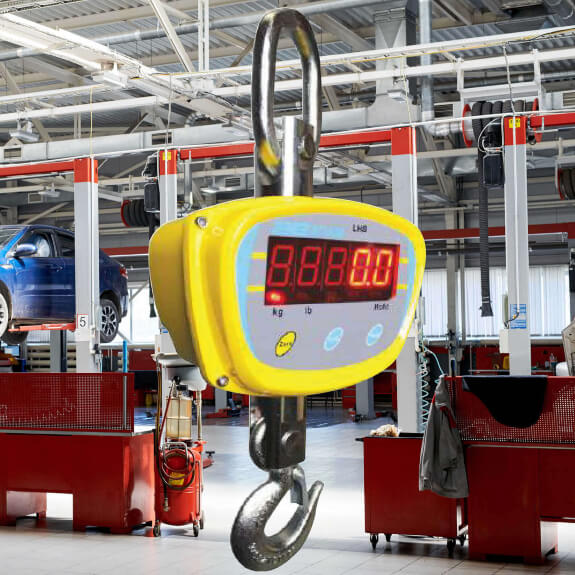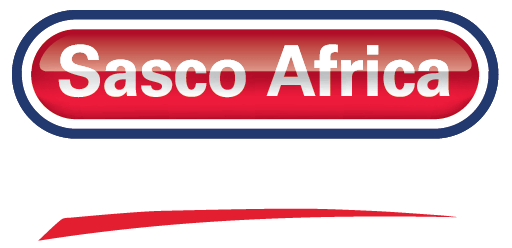
Crane scales are an integral instrument in numerous industrial and commercial applications. They serve a pivotal role in ensuring precision, safety, and efficiency in operations, ranging from construction and manufacturing to shipping and logistics. Unearthing the true potential and functionality of these vital tools can help businesses optimise their operations.
A Deep Dive into Crane Scales
A crane scale is a type of weighing system designed specifically for hanging loads. This instrument is primarily attached to the hook of a crane, hence its name. It is capable of measuring the weight of the load being lifted, presenting the data in real-time on a digital display. This information is key to secure and effective load management.
The significance of a crane scale in any operational environment is multi-fold. It allows for real-time weight verification, helping to ensure that a load is within the safe operating limit of the crane. By preventing overloading, these scales contribute to the overall safety of the worksite, and help extend the lifespan of the crane itself.
The Core Components of Crane Scales
The heart of any crane scale is the load cell, a highly precise transducer that converts force into an electrical signal. This intricate device is responsible for capturing the applied force from the load, translating it into a readable weight on the digital display.
On the other hand, the outer casing of a crane scale is designed to withstand the harsh conditions often found in industrial settings. Constructed with robust materials like stainless steel or aluminium, these scales are designed to resist environmental factors such as moisture, dust, and physical impact.
Modern Innovations in Crane Scales
The evolution of technology has had a significant impact on the capabilities of crane scales. Modern crane scales often come equipped with wireless technology, allowing for remote operation and monitoring. This feature enhances safety by reducing the need for personnel to be in close proximity to the load.
Additionally, some advanced crane scales have integrated software for data logging and analysis. This feature enables businesses to track weights over time, optimise load management, and improve operational efficiency.
Choosing the Right Crane Scale
Selecting the right crane scale involves consideration of several factors. The maximum load capacity, accuracy, readout resolution, and the operating conditions are key elements to consider. The correct crane scale for your operations will depend on these variables, in conjunction with your specific business needs and budgetary constraints.
In conclusion, crane scales are more than just weighing devices. They are an essential tool for ensuring safety, enhancing efficiency, and promoting long-term operational success in a wide range of industrial and commercial settings. An investment in a quality crane scale is indeed an investment in the prosperity of your business.


